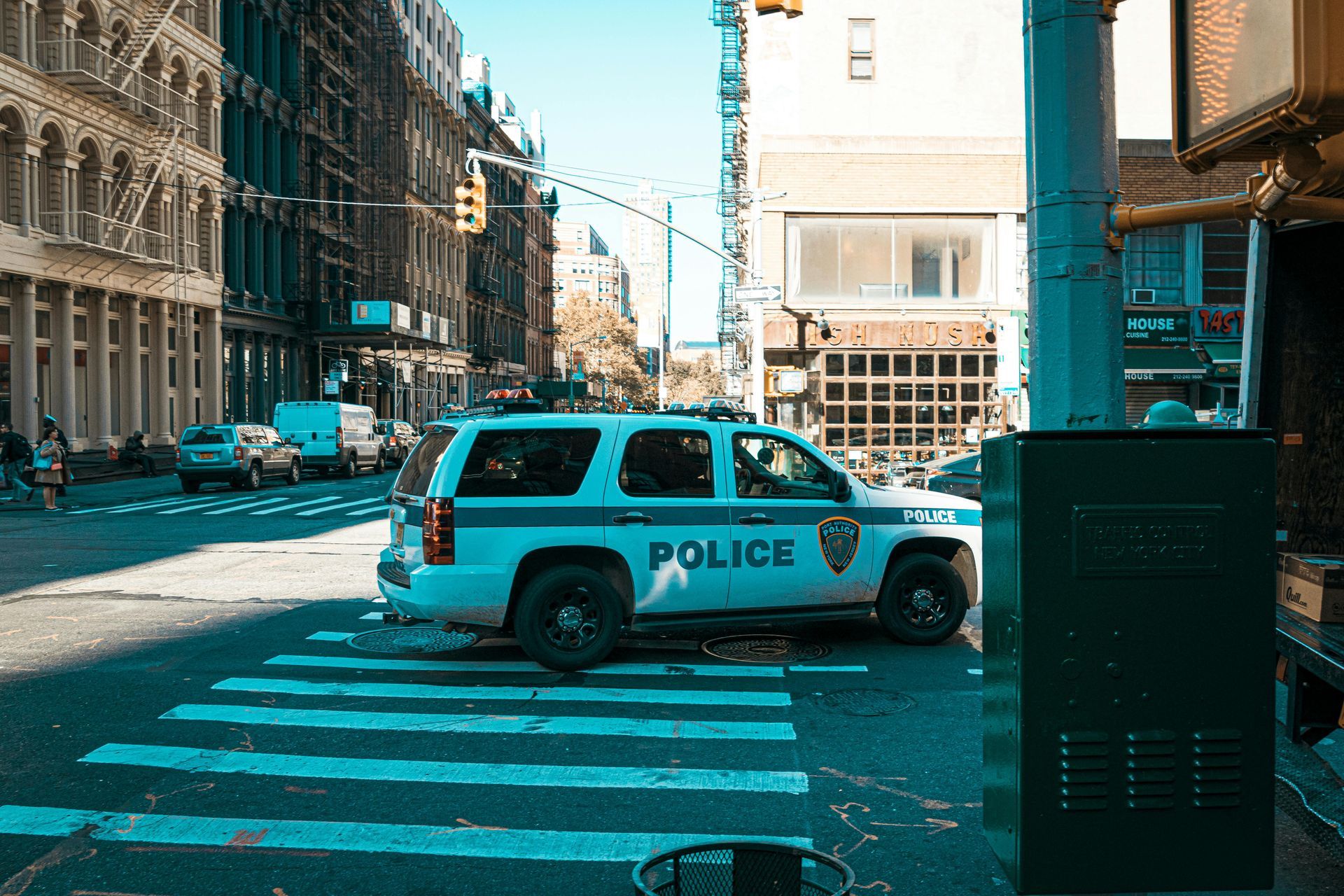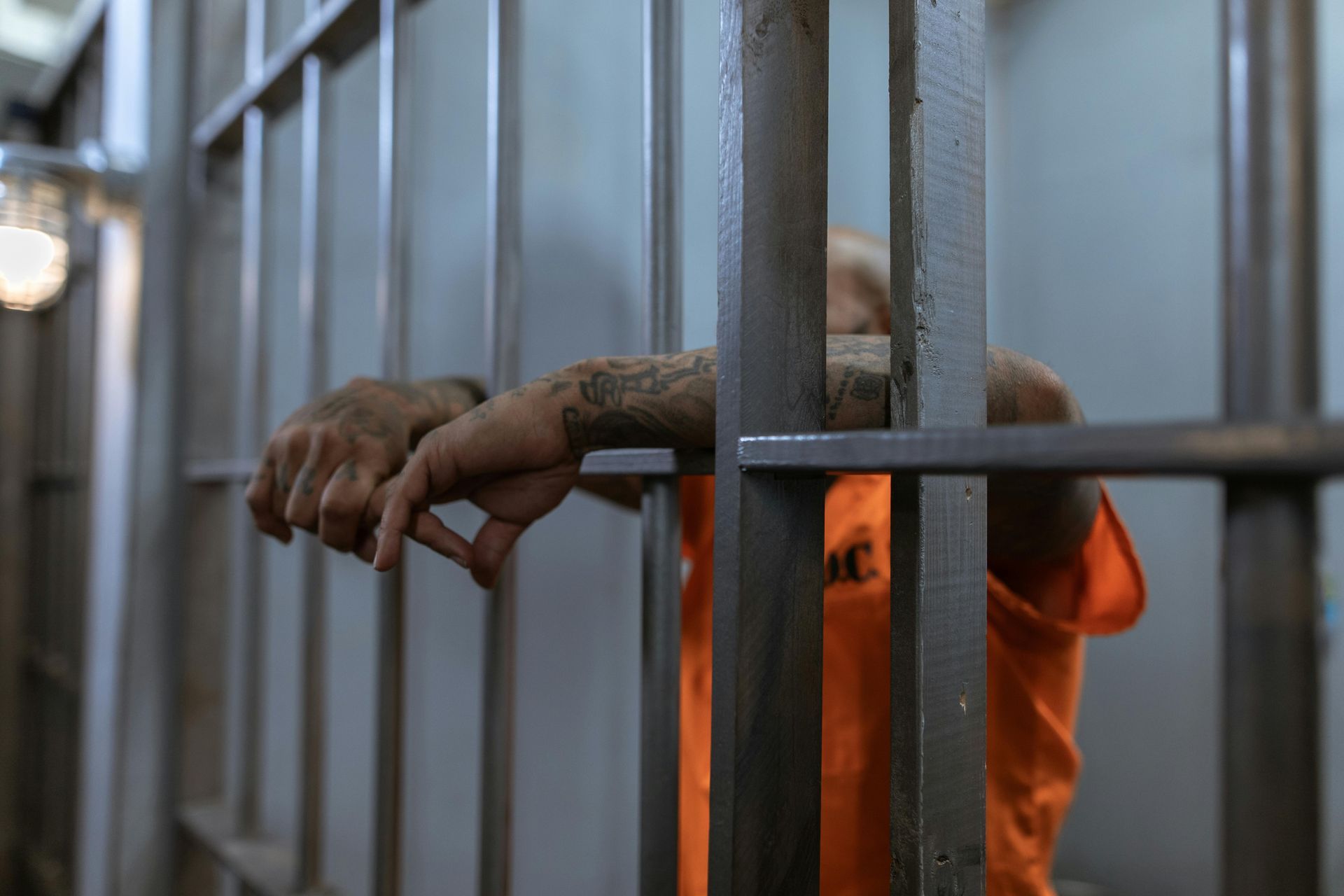Uncontested Divorce in Indiana
Divorce can be a complex and emotionally draining process, but for couples in Indiana who agree on the major issues at hand, an uncontested divorce can simplify the process significantly. If you're a resident of the Hoosier state and are considering an uncontested divorce as a more peaceful alternative to a litigated one, understanding the nuances of this legal option is key to a smoother transition to your new life. In this blog post, we'll share valuable insights from the perspective of an uncontested divorce attorney.
Understanding Uncontested Divorce in Indiana
An uncontested divorce, sometimes referred to as a "simple divorce," occurs when both spouses agree on all important terms such as property division, debt allocation, child custody, and support arrangements. Because there is no need to settle disputes in court, uncontested divorces tend to be more amicable, less time-consuming, and more cost-effective. But, it is important to acknowledge that this legal path still requires careful handling and legal guidance.
The Benefits of Uncontested Divorce
One of the primary advantages of an uncontested divorce is its typically quicker resolution. Without lengthy court battles, couples can often finalize their divorce in a more timely manner, allowing both parties to move forward with their lives more quickly. Additionally, the cost savings can be substantial, as attorney fees and court costs are minimized when there is less for the legal system to resolve.
Indiana's Requirements for Uncontested Divorce
To file for an uncontested divorce in Indiana, you must meet certain conditions:
- At least one spouse must have been a resident of Indiana for six months or more.
- You must file in the county where either you or your spouse lives.
- You must have a settlement agreement that resolves all issues pertaining to assets, debts, and, if applicable, matters involving children.
Custody and Child Support in Indiana
If children are involved, the decisions become even more critical. Indiana law prioritizes the best interests of the children in terms of custody and visitation rights. Even when parents are in mutual agreement, it's crucial that the parenting plan reflects the physical and emotional well-being of the children.
For child support, Indiana uses the Income Shares Model, which considers the income of both parents to determine the support amount. Parents need to ensure that the support agreed upon is just and obeys state guidelines.
Working with an Uncontested Divorce Attorney
While uncontested divorce may seem straightforward, having an attorney can help ensure your rights are protected and all legal obligations met. An uncontested divorce attorney can guide you through the process, from filing the right paperwork to understanding the financial implications of your divorce agreement.
They can also assist in formalizing the settlement agreement and ensuring that the terms are legally sound and enforceable. Notably, if there are complex assets or potential tax consequences, an attorney's advice is invaluable.
Finalizing Your Divorce
Once you and your spouse have agreed upon all the terms and have had an attorney review the settlement, you will need to submit the necessary documents to the court. After waiting for the mandatory period, you can request a final hearing where the judge will finalize the divorce if all the paperwork is in order and the terms are fair.
Uncontested divorce in Indiana can pave the way for a more peaceful closure of your marriage. By aligning on the key issues and engaging the services of a knowledgeable uncontested divorce attorney, you can ensure the process goes as smoothly as possible and that both parties start their new chapters on a positive note. Remember, it's not just about ending a marriage—it's about beginning anew with dignity and respect for the future.









